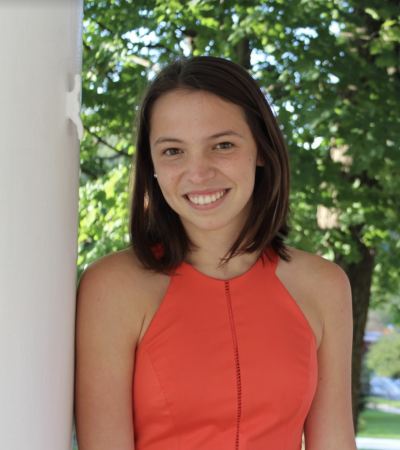Toward a Refined Definition of International Volunteer: How the Absence of International Volunteers During the COVID-19 Pandemic Has Reshaped the Roberto Clemente Health Clinic
Kellogg/Kroc Undergraduate Research Grants
Final Report:
Since the World Health Organization (WHO) declared COVID-19 a pandemic in March of 2020, tourists and international volunteers alike have been virtually absent from Nicaragua. As a result, not-for-profit organizations such as the Roberto Clemente Health Clinic have swiftly recruited and trained local volunteers to take over positions previously occupied by international volunteers. For my research project, I worked closely with the Roberto Clemente Health Clinic to study how recent changes in the clinic’s volunteer population (previously largely international to presently largely local) have impacted the experience of patients, the satisfaction of volunteers, and the overall clinic management. In examining these modifications, I aimed to (1) work towards a nuanced definition of a medical volunteer and (2) explore the influence of the volunteer population shift on the local clinic community.
As a Spanish and pre-health double major and international development studies minor, I am interested in the intersection of language, medicine and human development. My project intentionally touched on all of these topics. I questioned how volunteers’ language abilities and cultural awareness affected patients’ visits to the clinic. I asked volunteers to reflect on their experiences with other local or international volunteers and patients. I invited patients to consider the level of individual attention that they receive when visiting the clinic. Consequently, my project studied humanity in medicine. Through my project, I recognized the unspoken heroes in medicine: the volunteers in our clinics, hospitals, and medical centers. Volunteers play a crucial part in patient care and, thus, function as agents of human development.
My project’s data came from surveys shared with local and international volunteers and patients at the Roberto Clemente Health Clinic. The clinic’s Program Coordinator, Enmanuel Sirias, manually distributed the surveys. I designed three surveys for my project, tailoring each survey to a certain role at the clinic: patient, international volunteer or local volunteer. By personalizing the surveys in this way, I considered how individuals’ positions at the clinic influenced their perception of volunteers. While a large part of each survey was unique to one’s post at the clinic, certain questions were included on all three iterations for comparison purposes. Additionally, all of the surveys shared a similar structure and formatted their questions in identical ways (i.e. Likert scales, multiple choice and yes/no questions, short answers, etcetera). Some examples of the survey questions include: “If you had to summarize the community of the Roberto Clemente Health Clinic in one word, what word would you choose?” “Do you feel as though you are a part of the Roberto Clemente Health Clinic community?” “If yes, how does the Roberto Clemente Health clinic successfully and quickly incorporate international volunteers into its clinic community?” “Throughout my experience as a volunteer at the clinic, I have developed solid relationships with …”
Currently, Enmanuel is in the process of sending me the completed surveys. The final number of responses is believed to be close to 40. Once the completed surveys are in my hands, I will begin to shift through the responses to determine all pertinent patterns and/or telling information. I plan to use SPSS Statistics to analyze this data. I am grateful for my opportunity to work with the Roberto Clemente Health Clinic. I have come away from this experience with a much more profound understanding of what it means to conduct a research project and collaborate with organizations abroad. I hope to continue my involvement with human development research in the future.






